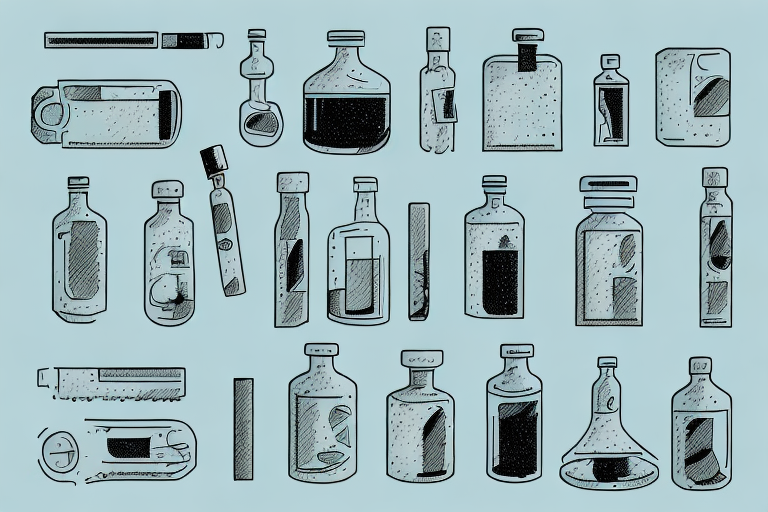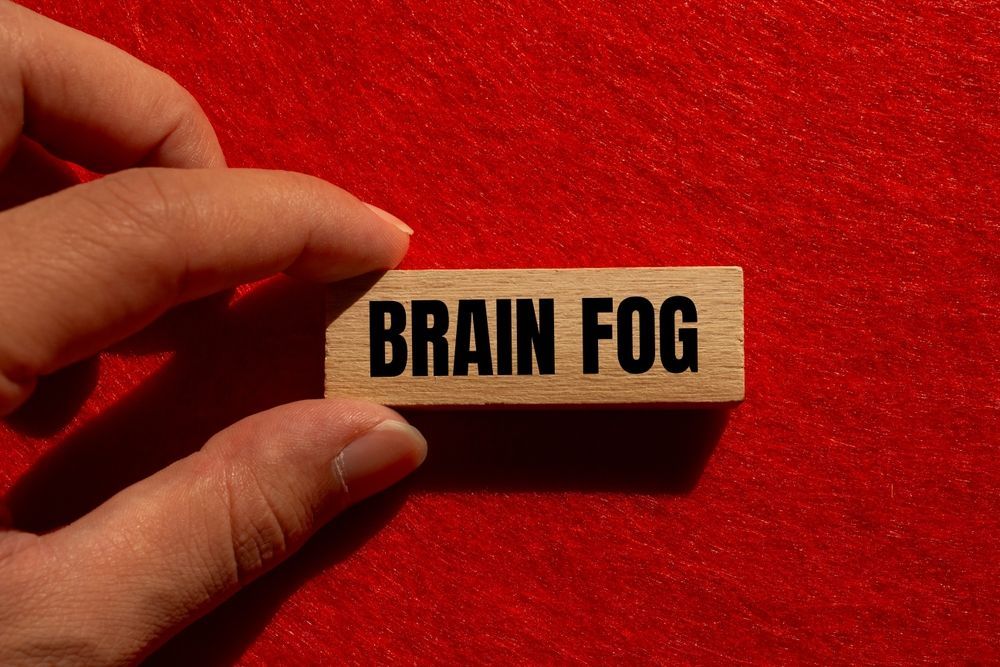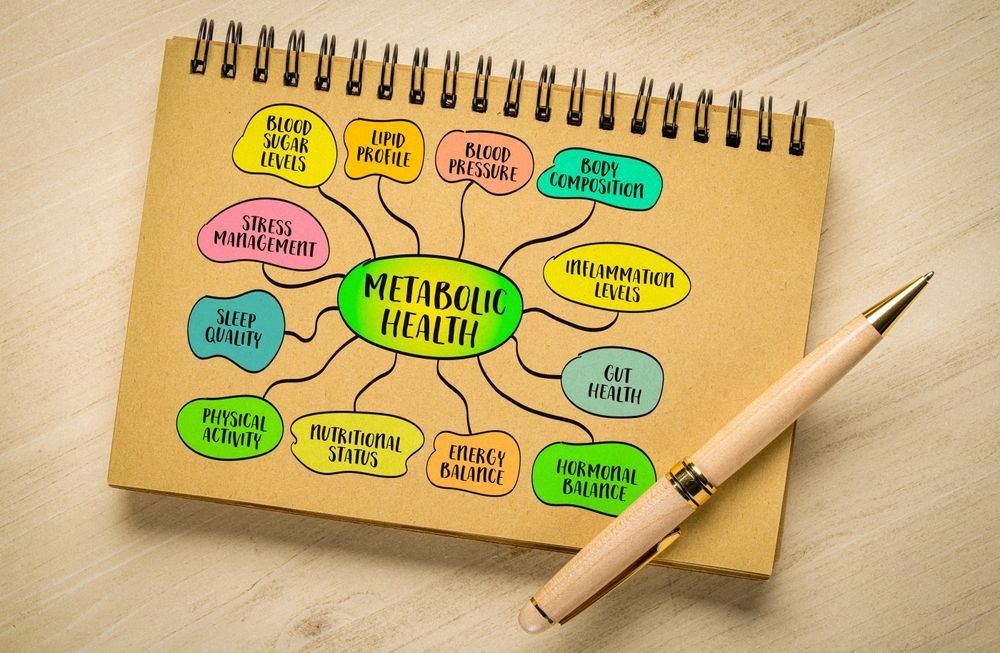Understanding the Symptoms of a Cocaine Hangover

Cocaine is an addictive and dangerous drug that can leave individuals feeling drained and exhausted. Even after the high has worn off, many people may experience what is known as a "cocaine hangover". This feeling can last for a few hours or even days, and it may interfere with daily activities, relationships, and work. If you or someone you know has been using cocaine and is experiencing symptoms of a hangover, it's important to seek help and understand the potential long-term risks.
What is a Cocaine Hangover?
A cocaine hangover is a range of physical, emotional, and mental symptoms that occur after a person has used cocaine. This occurs when the drug wears off, leaving users feeling tired and depleted. Often, those who use cocaine may experience a range of unpleasant symptoms as their body attempts to detoxify from the drug. These can include a headache, fatigue, nausea, irritability, anxiety, and depression.
The Science Behind Cocaine Hangovers
When someone ingests cocaine, it stimulates the brain to produce more dopamine, a neurotransmitter that creates feelings of pleasure and reward. However, as the effects of cocaine wear off, the brain is depleted of dopamine, leading individuals to feel fatigued and depressed. Additionally, the drug can lead to dehydration, which can cause headaches and fatigue.
Factors Contributing to a Cocaine Hangover
Several factors can increase the likelihood of experiencing a cocaine hangover. These can include the purity of the drug, how much was used, and how frequently it is used. Other factors can include pre-existing conditions, genetics, and other drug use.
It is important to note that the severity of a cocaine hangover can vary greatly from person to person. Some individuals may experience mild symptoms that go away quickly, while others may experience more severe symptoms that last for several days.
In addition to the physical symptoms of a cocaine hangover, individuals may also experience emotional and mental symptoms. These can include feelings of guilt, shame, and regret over using the drug. Some individuals may also experience anxiety and depression, which can be exacerbated by the effects of the drug.
It is important for individuals who are experiencing a cocaine hangover to take care of themselves and seek support from loved ones. This can include getting plenty of rest, staying hydrated, and eating a healthy diet. Additionally, seeking professional help from a therapist or addiction specialist can be beneficial for those struggling with cocaine addiction.
Common Symptoms of a Cocaine Hangover
The following are some of the most common symptoms experienced by those going through a cocaine hangover:
Physical Symptoms
Individuals may feel a range of physical symptoms, including fatigue, muscle pain, headaches, and difficulty sleeping. They may also experience physical health effects such as heart palpitations and increased blood pressure.
It is important to note that the physical symptoms of a cocaine hangover can be dangerous and should not be ignored. If you or someone you know is experiencing severe physical symptoms, seek medical attention immediately.
Emotional and Mental Symptoms
Cocaine hangovers can lead to a range of emotional and mental symptoms. These may include feelings of depression, anxiety, irritability, paranoia, and mood swings.
It is common for those experiencing a cocaine hangover to feel a sense of regret or shame for their actions while under the influence. This can contribute to feelings of depression and anxiety.
It is important to seek support and talk to a trusted friend or mental health professional if you are struggling with emotional or mental symptoms after using cocaine.
Duration of Symptoms
The symptoms of a cocaine hangover can last for several hours up to a few days. The length of the hangover can depend on various factors such as the amount of cocaine used and the person's overall health.
It is important to take care of your body and prioritize rest and self-care during this time. Drinking plenty of water, eating nutritious foods, and getting enough sleep can help alleviate symptoms and speed up recovery.
It is also important to seek professional help if you are struggling with addiction to cocaine or other substances. Recovery is possible with the right support and resources.
The Dangers of a Cocaine Hangover
Cocaine hangovers can be dangerous, and there can be long-term health risks associated with the drug use. Cocaine is a powerful stimulant that can cause a range of physical and mental effects. While the initial high may feel euphoric and energizing, the comedown can be brutal. Cocaine hangovers can cause intense feelings of exhaustion, depression, and anxiety. These symptoms can be so severe that they can impact an individual's ability to function normally.
While the immediate effects of cocaine use can be intense, the long-term health risks are even more concerning. Those who use cocaine regularly are at risk of developing addiction, which can lead to a range of physical and mental health issues. Additionally, cocaine use can have serious impacts on relationships and work, and may lead to criminal activity.
Long-term Health Risks
Cocaine use can lead to a range of long-term health risks. One of the most serious is heart disease. Cocaine can cause damage to the heart muscle, which can lead to heart attacks, arrhythmias, and other cardiovascular problems. Additionally, cocaine use can cause stroke, lung damage, and mental health issues such as depression, anxiety, and psychosis. These risks are often compounded if the individual also smokes or uses other drugs.
Impact on Relationships and Work
Cocaine use can have a significant impact on personal relationships and work performance. Those who use cocaine may experience mood swings and may become unpredictable and unreliable. They may neglect their responsibilities and may struggle to maintain healthy relationships with friends and family. In the workplace, cocaine use can lead to decreased productivity, missed deadlines, and poor job performance. In some cases, cocaine use can even lead to job loss.
The Risk of Addiction
One of the biggest dangers associated with cocaine hangovers is the risk of addiction. Cocaine is a highly addictive drug that can quickly lead to dependence. Addiction to cocaine is a challenging and complex disorder that can seriously impact an individual's life and relationships. Those who become addicted to cocaine may require extensive treatment and support in order to overcome the addiction. Treatment may include therapy, medication-assisted treatment, and support groups.
In conclusion, while the initial effects of cocaine use may be pleasurable, the long-term consequences can be devastating. Cocaine use can lead to a range of health problems, impact personal relationships and work performance, and lead to addiction. If you or someone you know is struggling with cocaine use, it's important to seek help as soon as possible.
How to Cope with a Cocaine Hangover
There are several strategies that individuals can use to help cope with the symptoms of a cocaine hangover. Cocaine is a powerful stimulant drug that can cause a range of physical and psychological effects. Some of the common symptoms of a cocaine hangover can include fatigue, headache, nausea, and depression. These symptoms can be challenging to manage, but there are several strategies that can help.
Self-Care Strategies
One of the most effective ways to cope with a cocaine hangover is to practice self-care. Getting plenty of rest, staying hydrated, eating nutritious foods, and avoiding caffeine and other stimulants can help ease the symptoms of a cocaine hangover. Engaging in relaxation techniques such as deep breathing and yoga can also be helpful. Taking care of your body can help you feel better and recover faster.
It's also important to avoid any activities that could exacerbate your symptoms. For example, if you're feeling nauseous, avoid eating heavy or greasy foods that could make you feel worse. Instead, opt for light, easy-to-digest foods like soup or crackers. If you're experiencing a headache, avoid bright lights or loud noises that could make it worse.
Seeking Professional Help
While self-care strategies can be effective, those who are struggling with a cocaine addiction or experiencing severe symptoms of a hangover should seek professional help from a medical professional or addiction treatment center. These professionals can provide support and guidance to help individuals overcome the challenges associated with cocaine addiction.
Medical professionals can also provide medication to help manage symptoms like nausea, headache, and depression. They can also monitor your condition and ensure that you're receiving the care you need to recover safely and effectively.
Preventing Future Cocaine Hangovers
Avoiding cocaine use altogether is the best way to prevent future hangovers. However, for those who continue to use cocaine, there are steps that can be taken to reduce the risk of experiencing a hangover. These include:
- Limiting the amount of cocaine consumed
- Drinking plenty of water to stay hydrated
- Eating a nutritious diet
- Avoiding other substances like alcohol and caffeine that can worsen hangover symptoms
- Getting plenty of rest
- Engaging in stress-reducing activities like meditation or exercise
Those who continue to use cocaine may benefit from seeking professional help for addiction and developing healthy coping strategies that can help improve overall health and wellness. With the right support and resources, it's possible to overcome addiction and live a happy, healthy life.
The Importance of Seeking Treatment for Cocaine Use
Recognizing the signs of addiction and seeking treatment for cocaine use is crucial for overcoming this difficult and dangerous disorder. Cocaine is a powerful stimulant drug that can cause a range of physical and psychological effects, including increased heart rate, blood pressure, and body temperature, as well as feelings of euphoria, energy, and confidence. However, these effects are often short-lived and can quickly give way to negative consequences, such as anxiety, paranoia, aggression, and addiction.
Cocaine addiction is a serious and complex disorder that can have devastating effects on individuals and their loved ones. It can lead to a range of physical and mental health problems, as well as social, financial, and legal issues. Moreover, it can be difficult to overcome without professional help and support.
Treatment may involve a range of therapies and support services, including counseling, group therapy, and medication-assisted treatment. Counseling can help individuals identify the underlying causes of their addiction and develop strategies for coping with triggers and cravings. Group therapy can provide social support and a sense of community among individuals in recovery. Medication-assisted treatment can help reduce withdrawal symptoms and cravings, making it easier to stay sober.
Treatment Options for Cocaine Addiction
There are several treatment options available for those struggling with cocaine addiction. Inpatient rehabilitation programs provide a structured and supportive environment for individuals to focus on their recovery. These programs typically involve detoxification, counseling, and group therapy, as well as other support services such as nutrition counseling, exercise programs, and holistic therapies.
Outpatient rehabilitation programs offer similar services but allow individuals to live at home while attending therapy sessions and support groups. This can be a good option for individuals who have completed an inpatient program or who have less severe addiction issues.
Individual counseling can be helpful for individuals who prefer one-on-one therapy or who have co-occurring mental health disorders that require specialized treatment. This type of therapy can help individuals develop coping skills, improve communication, and address underlying issues that may contribute to their addiction.
Other support services, such as 12-step programs, peer support groups, and sober living homes, can also be beneficial for individuals in recovery. These programs provide ongoing support, accountability, and a sense of community for individuals who are committed to sobriety.
The Road to Recovery
Recovering from cocaine addiction is a journey that requires commitment, patience, and support. It is not a quick or easy process, but it is possible with the right treatment and support. Individuals in recovery may experience a range of emotions and challenges, including cravings, withdrawal symptoms, and triggers. However, with the help of a professional treatment team and a supportive community, individuals can learn to manage these challenges and build a healthy and fulfilling life in recovery.
If you or someone you know is struggling with cocaine addiction, seek professional help today to begin the journey towards recovery. Remember, recovery is possible, and a better life is waiting on the other side.
Get In touch

14891 North Northsight Blvd Suite 118, Scottsdale, AZ 85260

8AM-8PM (Mobile)
8AM-6PM (In-clinic)
QUICK Links
We Accept

We accept cash and all major credit cards. Our services are also HSA & FSA (Health/Flexible Savings Account) approved!
© 2016-2025 Arizona IV Medics | All rights reserved | Privacy Policy | Powered By OMG Marketing







